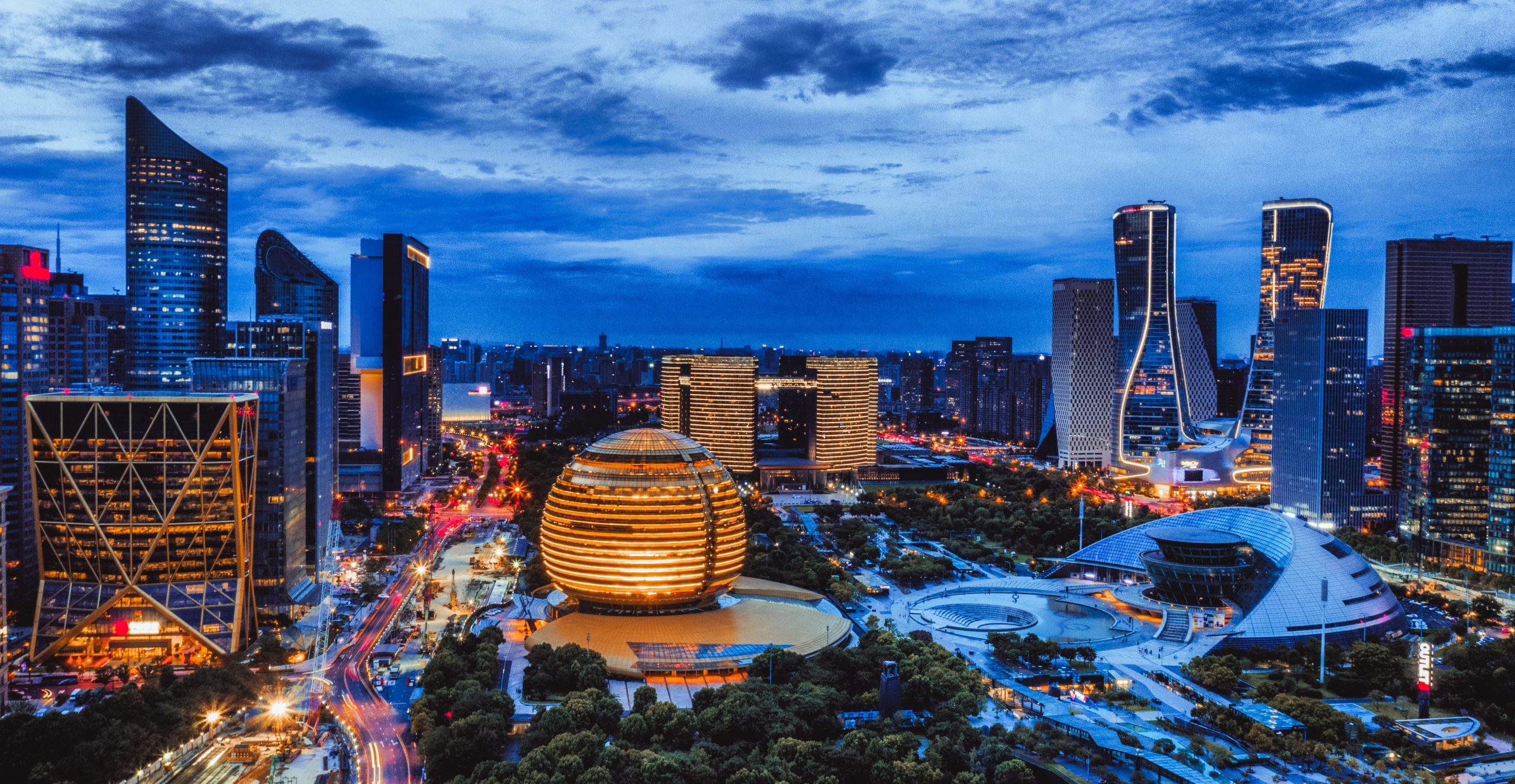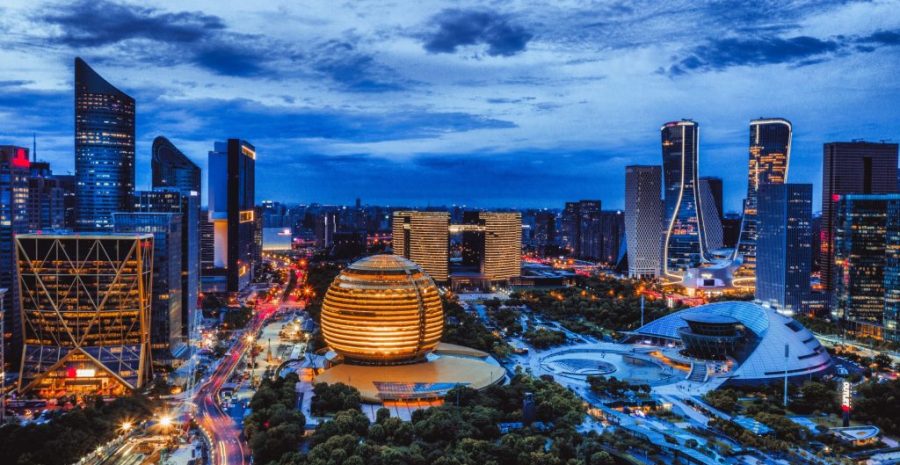Macao wants further cooperation between the Chinese coastal province of Zhejiang and Portuguese-speaking countries (PSC) in areas like translation, finance, legal services, conventions and exhibitions, the Secretary for the Economy and Finance, Lei Wai Nong, has said.
Lei was speaking at a session dedicated to cooperation and economic and trade exchange between Zhejiang, Macao and PSCs, at the opening of the Macau International Fair (MIF), where the Chinese province is highlighted.
Among all Chinese provinces, Zhejiang has exported the most goods to the Portuguese-speaking bloc for several years, said Lei.
Macao businessman Wu Zhiwei, owner of the Quinta da Marmeleira winery, in Alenquer, 50 kilometres north of Lisbon, in Portugal, announced at the fair that he will launch a travel agency to “establish a bridge between Portugal and China”.
“The objective is to take people from mainland China to Portugal to get to know the country and the culture and also to help Portuguese people to get to know China,” he told Lusa News Agency.
Now we need “to wait for the measures to combat the [Covid-19] pandemic to improve and for flights to resume their normal pace to take tourists to visit Portugal,” Wu said.
Wu also announced the installation of a new winery at Quinta da Marmeleira, to promote wine tourism and “to make known to Chinese tourists the whole process of wine production, from the grape to the final product”.
Launched in 2015, Quinta da Marmeleira produces more than 200,000 bottles annually, mainly for export to the mainland Chinese market.
At the Exhibition of Products and Services of Portuguese-Speaking Countries (PLPEX), which is running in parallel with MIF, Angonabeiro, a subsidiary of Portuguese group Delta, is showcasing Ginga coffee, which is produced in Angola, and looking for potential exports to China.
Angolan coffee is exported to Portugal (56 tonnes in the second half of 2020), Spain, France and Switzerland, with China being a market with “big coffee consumers” said the general director of Angonabeiro, Nuno Moinhos.
The objective is to make the coffee produced in Angola known to drinkers from mainland China, the Portuguese-speaking countries and neighbouring regions, Moinhos said.
He added that Angonabeiro has an “export vocation” and is investing in increasing production capacity, new products and promotion in international markets.




